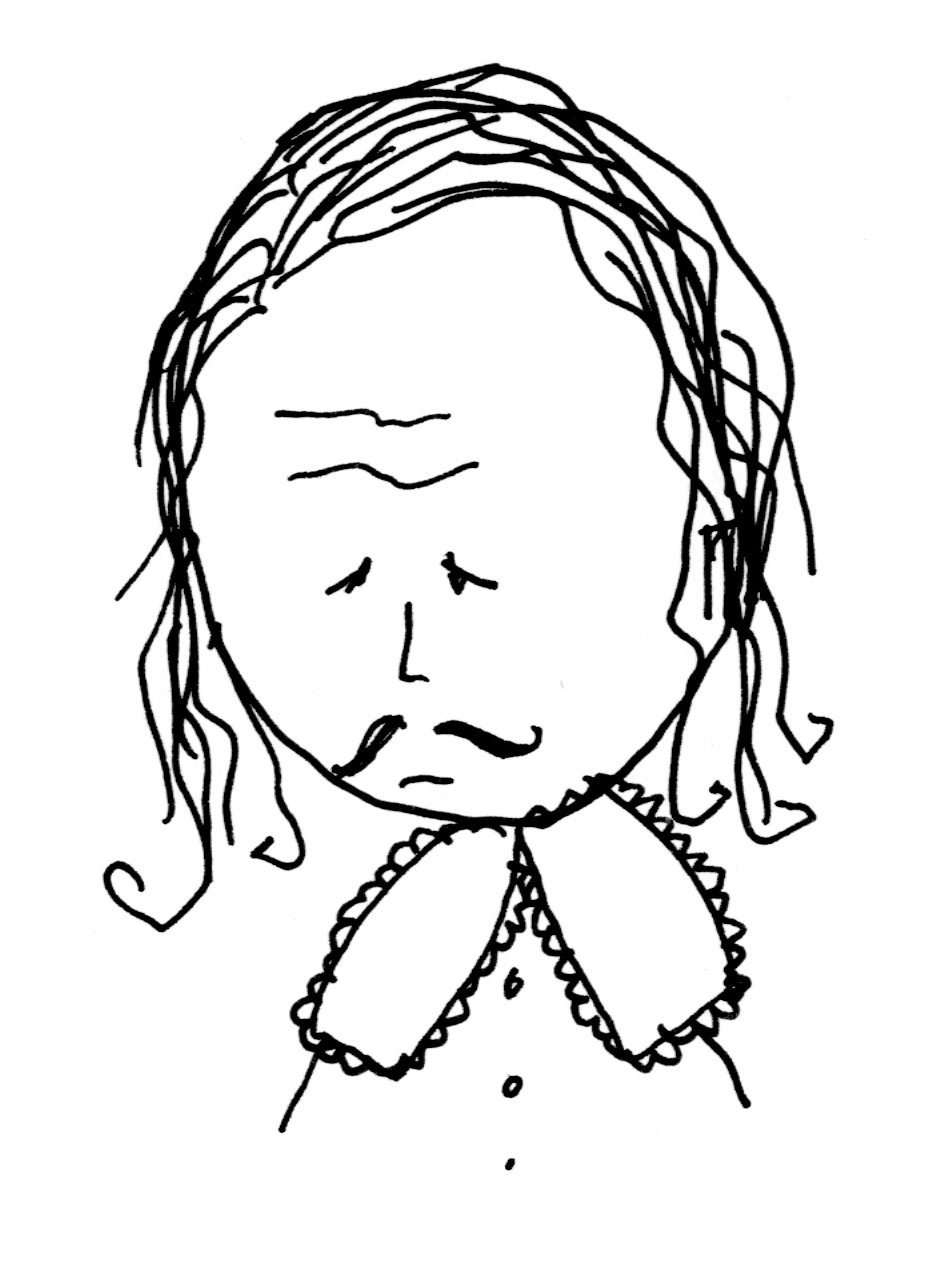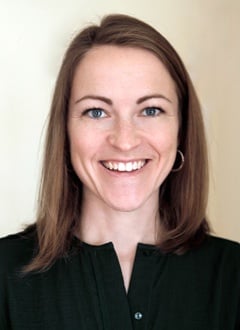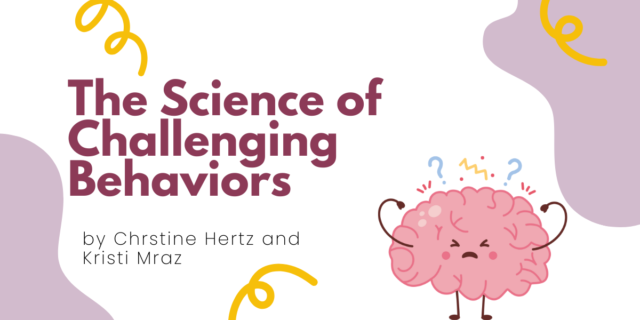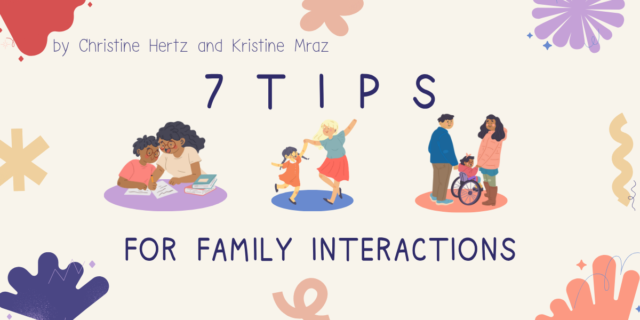
 We all have a compass inside ourselves that guides our choices in life. If you believe that honesty is a critical trait, you will use that as a parameter when making choices. The same is true for teaching. If you have a series of beliefs about children and teaching, it will help you make critical decisions about teaching and will help you stick through the hard parts. It will also
We all have a compass inside ourselves that guides our choices in life. If you believe that honesty is a critical trait, you will use that as a parameter when making choices. The same is true for teaching. If you have a series of beliefs about children and teaching, it will help you make critical decisions about teaching and will help you stick through the hard parts. It will also help you wade through the vast resources that will be thrown at you. “Does this match what I believe about children and teaching?”
help you wade through the vast resources that will be thrown at you. “Does this match what I believe about children and teaching?”
Sorry Shakespeare, but that is actually the question.
We aren’t in the business of telling you what to believe, but we do want to share some beliefs that have guided our practice over the years:
- Childhood is a distinct and valuable period in life. Children are not in training to be adults; they are whole and complete human beings worthy of deep respect and capable of making choices, thinking critically, and contributing to society as a whole.
- Teaching should be tailored to the unique aspects of every child, and all children should feel powerful in their learning journey. Treat children as you wish to be treated. Observe, wonder, support, and challenge. Facilitate and encourage.
- Building community is a slow and powerful process that can be shortchanged when compliance and control techniques are used.
- See your classroom as a microcosm of the world; ask constantly, “Is this a world I would want to live in?”
Perhaps some of these resound with you, maybe they don’t, but you need to believe something. It will change over time, expect that, but knowing what you believe maintains your integrity and your vision for what is possible. Take time and space (in the margins, in your mind) to think through your guiding beliefs.
Find a Mentor and a Community (#teachersquad)
Want to learn to swim? You don’t jump into the pool and just start flailing; you find a teacher. Same is true in teaching: don’t jump into a new teaching project and assume you’ve got it; find teachers and mentors to support you in the process. The beautiful and amazing world of technology means that your mentor does not have to be physically present in your life. They can be, which is great, but there are a myriad of other ways to find a voice of reason and aid. Twitter, Facebook, Google hangouts, and online communities can all be your support. This is helpful to know because sometimes your vision of teaching is not going to be the dominant view in your school community. You might walk into a school where the ongoing fad is to use ClassDojo, and that doesn’t vibe with your belief system. Don’t go it alone! Use the same apps that help you stay connected with friends to connect you with educators who will support your vision and belief system and follow people who speak your language and inspire you to be more.
Practice Self-Compassion and Positive Self-Talk
When the school year starts and we enter our classroom, whether it’s for the first year or the twentieth year, it is so easy to become our own harshest critic. To have that little voice in our head turn minor failures into disasters, to hyperfocus on the negative and spiral in a vortex of gloom and doom. We’ve all been there. Negative self-talk and cycles of insecurity actually create neural pathways in our brains—superhighways of negativity that our autopilot brain knows all too well.
If growing and evolving as teachers means that we’ll face setbacks at almost every turn, it’s important that we go easy on ourselves and actively, intentionally practice self-compassion. Kristin Neff (2011) says there are three elements of self-compassion:
- Self-kindness: Talk to yourself like your best friend would talk to you. Or a kind aunt or the most gentle, loving soul you can imagine. The bottom line is this: when the going gets tough, the tough need to get gentle. All of that harsh feedback won’t help you thrive. Acknowledging your imperfections and being kind to yourself will calm you down, reset your brain, and help you focus on moving forward (48).
- Recognition of the common human experience: Dwelling on an ideal of perfectionism or constantly comparing yourself to others only perpetuates insecurities. Instead, acknowledge that mistakes and imperfections are a part of being human (61).
- Mindfulness: Be mindful of what you’re experiencing; don’t resist feeling pain or discomfort or hurt, but don’t linger in your suffering. Suffering, according to Neff, occurs when we compare our reality to our ideals (93). Try to be aware of your reality and respond in a compassionate manner.
The more we practice self-compassion and positive self-talk, the more our brains rewire toward constructive, kind habits. Coming from this place of compassion prepares us to do our best teaching.
What We Live Is What We Teach
This might all feel a little gooey to you, but there is neurological research to support the basic thesis here: the more growth oriented and self-compassionate you are, the better you will get at what you are trying to do. (See Jo Boaler’s work at youcubed.org for some studies.) Anchoring beliefs and supportive mentors are great, but in the absence of resilience and realistic optimism, they will feel more like a taunt than a vision. And there is a bonus to all this. In cultivating growth and self-compassion, tuning into self-talk, learning from setbacks, and seeking help and support from a community, we become better, happier people and therefore better, happier teachers. We become teachers who are not product and benchmark driven, but rather compassionate and growth minded, transmitting that very same message to our students by the way we act, the way we talk, and the choices we make in the small moments when we think they aren’t watching.
…
Learn more about Kids First From Day One at Heinmann.com
 Follow us on Instagram @heinemannpub to stay up to date on the latest books, your favorite authors, and upcoming events!
Follow us on Instagram @heinemannpub to stay up to date on the latest books, your favorite authors, and upcoming events!
Christine Hertz is coauthor of the Heinemann titles Kids First from Day One and A Mindset for Learning. She finds great joy and challenge in helping all children grow as independent and engaged students. She is passionate about keeping play and creativity at the center of children's lives and curiosity and wonder at the heart of learning. Christine has taught in a wide variety of classrooms from preschool to fourth grade and as an adjunct instructor of education courses. She currently teaches in Worcester, Vermont. You can follow her on Twitter @christine_hertz or visit her web site at christinehertz.com.
Kristine Mraz is coauthor—with Christine Hertz—of the new Kids First from Day One, which provides a practical blueprint for increasing the child-centeredness of your teaching practice. She and Christine previously teamed up for the bestselling A Mindset for Learning (coauthored with Christine Hertz), which provides practical and powerful strategies for cultivating optimism, flexibility, and empathy alongside traditional academic skills. Kristi teaches Kindergarten in the New York City Public schools. In addition to writing and teaching, she consults in schools across the country and as far away as Taiwan. She primarily supports teachers in early literacy, play, and inquiry based learning. You can follow all of her adventures on twitter @MrazKristine or on her blog kinderconfidential.wordpress.com.




